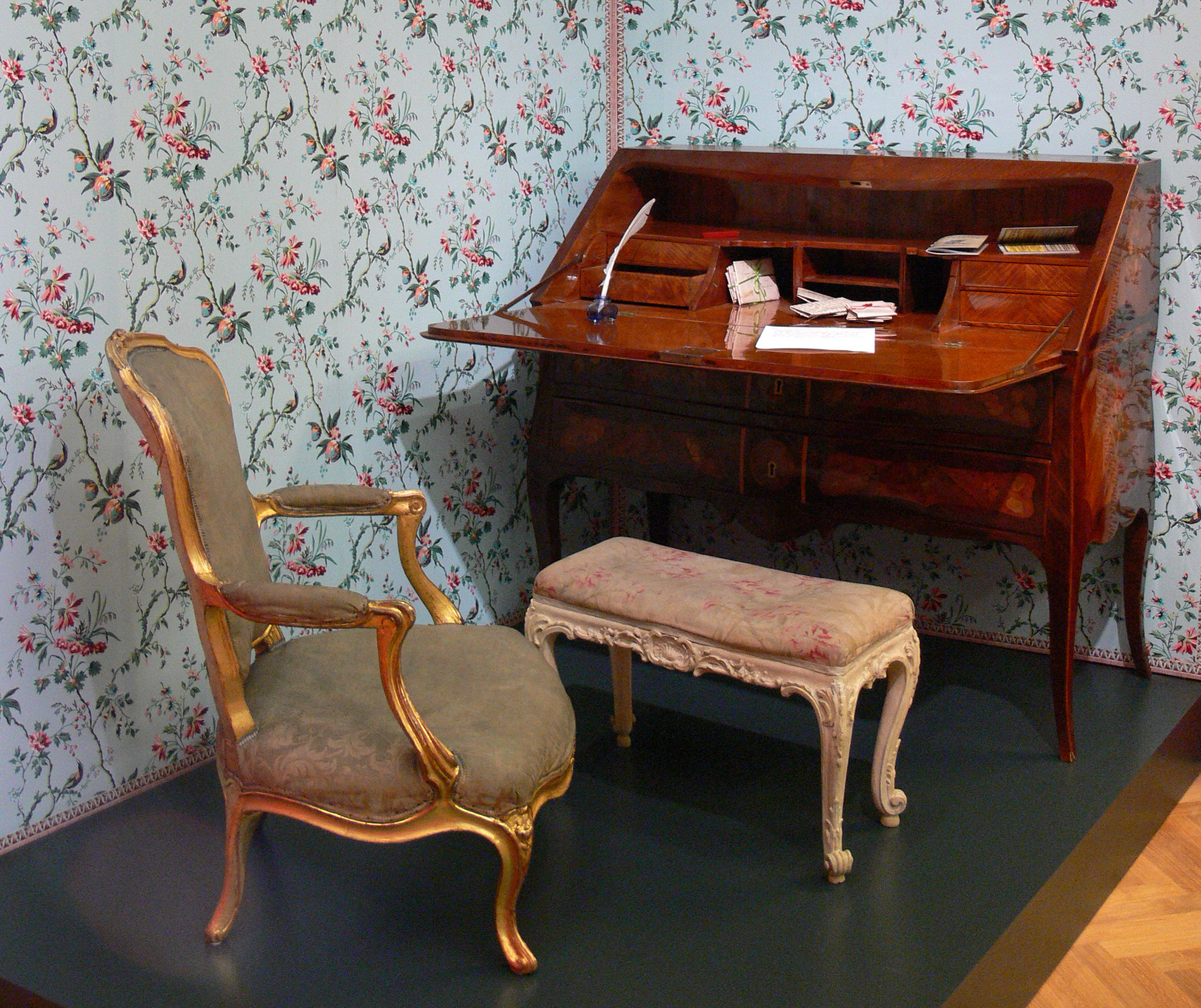The best characters in any novel feel like they're about to leap off the page. Readers are attached to them. They cry when they die and they want to know what happens after the book ends (provided there is anyone left alive at the end of your novel!). Good characters are living, breathing people in the hearts and minds of both writers and readers. Creating these characters takes practice and patience, but there are a few little tips that can help you out.
Make Your Characters Do Something
You can describe your characters until you're blue in the face, but a character doesn't truly become real, especially to readers, until he or she begins doing believable things. To decide what is and is not believable for a certain character, you'll have to do some thinking. You'll have to get to know your character, come to understand how he'll react to the situations you'll be throwing at him in your novel.
Readers are very good at spotting mistakes in this area. As they get to know the character, they'll know when that character is doing something that character would never do. Perhaps you have a cheating boyfriend in your novel. He's been sleeping around for years and suddenly decides not to go home with the woman he just met at the club. This guy, the one who's been sleeping with anything with legs, is suddenly loyal to his girlfriend when nothing has happened to trigger this change? I don't think so. People change, but they don't do it instantly, and usually there's a triggering event. If the boyfriend is suddenly monogamous, you're readers will be jolted out of the story and certainly notice your character is not behaving the way he ought to.
Your characters need motive. Think about your own life. How many times to do you something completely without reason? Everything we do has a reason, even if that reason is just to alleviate boredom. So give your characters motive, and have them react as if they were fully fledged people standing in the room with you, and you're halfway towards creating a believable fictional character.
Give Your Character Flaws and a Past
No one is perfect. Some of us are just quirky, some are a little annoying, others truly have a dark past with skeletons in the closet. We're all a product of our past, and your fictional characters should be the same. Most of our flaws come out of experiences we've had in the past. So do most of our strengths.
So before you can put pen to paper, you have to understand your character's past. How does that past shape who he is and how he will react to any given situation? How was he raised? Has he had any traumatic experiences in his life?
You might not think this important, but it really. In my first book, one of my lead characters was born and raised a prince (remember, I write fantasy). He was born to command and to one day become Emperor. He was confident and intelligent and rarely flustered. And he was used to everyone doing exactly as he told them, no questions asked. So when a little slip of a girl won't obey him, it throws his world into chaos. This man seriously cannot handle disobedience, and this trait goes on to influence how he reacts in books 2-5 of The Imperial Series. His past rules his present, and this should be true of any character you create.
Good Characters Have Layers of Personality
Think about yourself for a moment. Think about how you behave when you're around different people. You, like most of us, have different faces. You're one person with your parents, another with your lover, and still another with your friends. This isn't deception and it isn't multiple personality disorder. It's just that we all have different facets, and we show these facets to different people.
People are complex. This means your characters should be complex. The character I mentioned earlier was at points in the books the concerned and obedient son, the exacting Crown Prince, the loving husband, and the domineering father. His wife isn't necessarily dealing with the same facet his children have to face.
Do this with your characters. Make sure they all have layer upon layer of complexity. This will make them more real to you, and so to your readers.
All of these things come together to create fully believable characters. Make sure your characters act "in character" and that they have motives for everything they do. Have their past influence their present and make them as complex as real people and you're sure to have characters your readers will love and remember.
